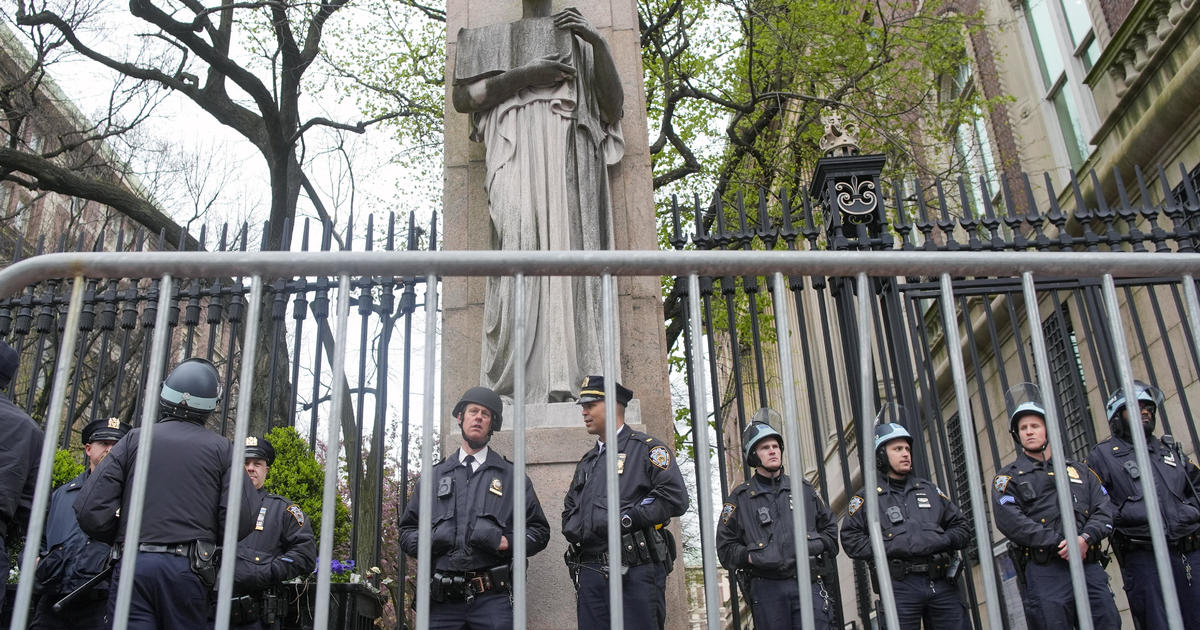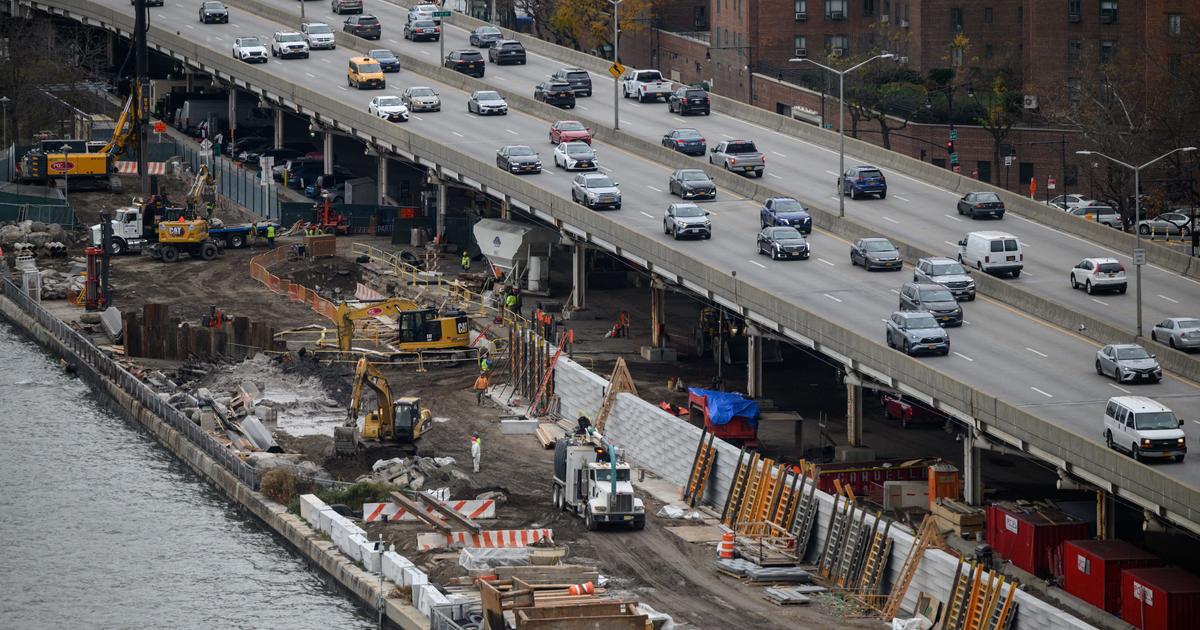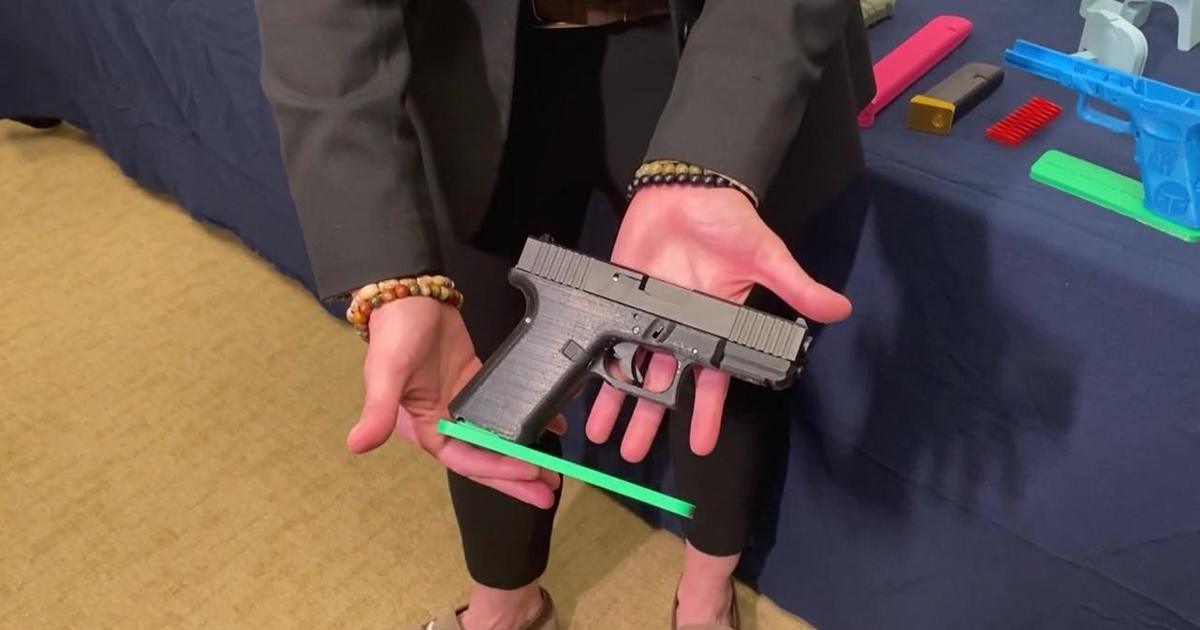Blizzard Conditions Could Present Serious Health Dangers
NEW YORK (CBSNewYork)-- Blizzard conditions and heavy snow create more than transportation issues -- they also present serious health dangers.
The first and most dangerous snow-related injury is a heart attack. Shoveling snow puts an enormous strain on the heart, especially because most people doing the shoveling probably spent the many months since the last snow storm on the couch.
"If you're older, have not been exercising or have any risk factors for heart disease like high blood pressure, diabetes or smoking, you shouldn't do it. Just don't do it," Dr. Peter Shearer of Mount Sinai Hospital told CBS2's Dr. Max Gomez .
If you do shovel and get out of breath, feel chest tightness or pain, officials say to stop immediately and get help as it could be the start of a heart attack.
In Nassau County alone, there have been four weekend storm-related deaths due to snow removal, three of them because of heart attacks while shoveling.
"Take frequent breaks, warm yourself up, don't just stop. Go inside and warm yourself up again because of the cold effect of constricting the blood vessels," Nassau University Medical Center Cardiologist Amgad Makaryus told WCBS 880's Mike Xirinachs.
Shearer says he sees a variety of injuries due to physical strain during winter conditions.
"A lot of people with orthopedic injuries, fractured wrists, fractured ankles, shoulders, things like that. A little bit of head trauma, but mostly ortho stuff," Shearer said.
Falls are the number one cause of injuries after a snow fall, Dr. Gomez reported. Gomez advises leaving leather-soled dress shoes at home and investing in a good pair of snow boots to avoid falling on slippery streets.
Chances are that many will still be shoveling or doing other activities they don't often do, like flying down a hill on a piece of plastic. How do you know when you've overdone it? Shearer says it's not that easy to tell.
"Unless you feel something immediately while you're doing it you're probably going to be able to keep shoveling or whatever it is you're doing and not feel the muscle aches until eight to 10 hours later," he explained.
Health experts recommend taking ibuprofen if aches and pain show up the following day, but advise seeing a doctor if pain is out of proportion with what one typically expects after physical activity.



